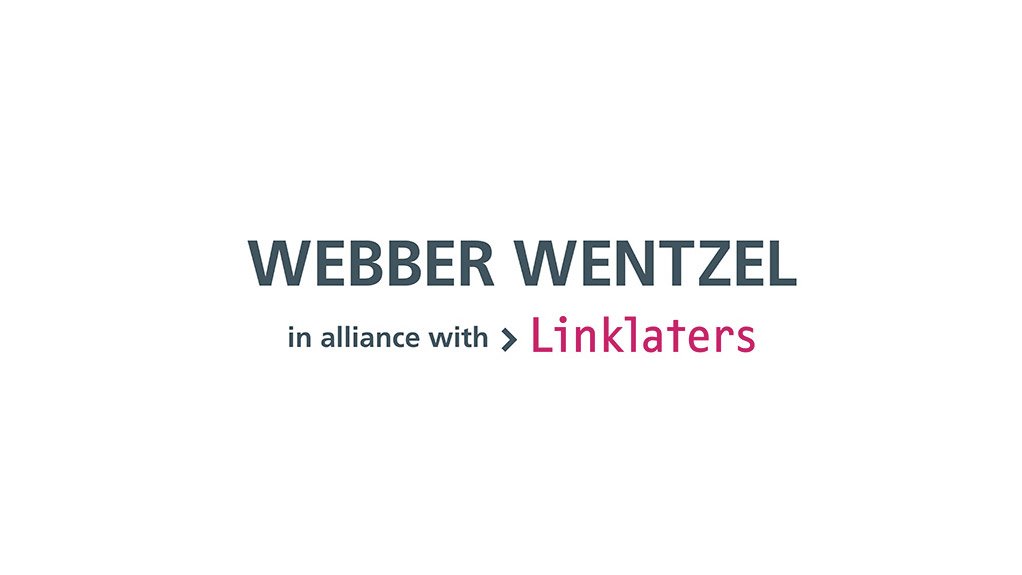South Africa has experienced a seasonal boom in its hospitality and leisure sector, with the Western Cape being the primary beneficiary. In fact, 99% of the total jobs created 167 000 jobs created in South Africa between October and December 2022 were created in the Western Cape on the back of successes within the tourism industry.
The bustling summer season saw close to three million tourists come to South Africa in December 2022, including visits from over 75 cruise liners in the Cape Town Port.
South Africa recently hosted highly successful international events, such as the inaugural Formula E in February 2023, which raced through the streets of Cape Town. The event was such a success that critics are suggesting that Cape Town's event should be the model for all future Formula E events and that hopefully, this will see future racing events, such as Formula 1, return to South Africa. Music enthusiasts were thrilled to see Imagine Dragons and Sting grace South African stages. Newlands Stadium was also packed for the Women's T20 Cricket World Cup.
Yet, while developments in the sector have been positive, with a healthy come-back following the devastation to the market caused by the impact of the Covid-19 pandemic, a new threat has arisen. In addition to loadshedding, on 24 February 2023, South Africa was greylisted by the Financial Action Task Force (FATF).
South Africa was greylisted following a mutual evaluation report by the FATF in 2019 and another in 2021, which deemed that South Africa's anti-money laundering and terrorist financing regime did not meet international standards. The FATF noted, however, that South Africa has the requisite legislation in place. The focus is now on compliance and enforcement.
Greylisting as a threat to South Africa's hospitality and leisure sector
South Africa's greylisting may perpetuate low investor confidence despite South Africa's sophisticated banking and financial regulatory system. As such, it may discourage new or continued significant investment in the local sector, such as in Formula E, on the global stage.
Beyond reputational damage, South Africa's greylisting may negatively affect South Africa's hospitality and leisure sector in the following ways:
- reduced foreign direct investment (FDI) due to higher compliance and administrative costs associated with the perceived "higher risk" of doing business in and with South Africa – often investment mandates preclude deals with, or in respect of, greylisted countries;
- South Africa may become less competitive in the global tourism market due to higher costs, slower transaction times, and increased transaction fees for cross-border transactions;
- South Africa's economic, social and governance (ESG) goals in the sector may be harder to achieve given that FDI often plays an important role in funding ESG-related programmes and initiatives.
How can South Africa recover from its greylisting status?
Government and the private sector must swiftly work together to resolve the remaining identified compliance deficiencies. If the hospitality and leisure industry is to continue its growth trajectory, with the ripple benefits for the economy as we have seen of late, South Africa must provide a reputable and low risk market for foreign investment so that it can continue to play host to, and benefit from, large-scale, international events.
The government and the private sector are responsive to the dangers posed by South Africa's greylist status. In a relatively short space of time, two amendment acts were drafted and signed into law by December 2022 - General Laws (Anti-Money Laundering and Combating Terrorism Financing) Amendment Act and the Protection of Constitutional Democracy Against Terrorist and Related Activities Amendment Act.
Crucially, amendments to Schedule 1 of the Financial Intelligence Centre Act, 2001 (FIC), have been implemented. These amendments expand the list of entities which are deemed to be accountable institutions by law, and which, as a result, must now register in terms of Schedule 1 of FIC. In addition to credit providers as defined in the National Credit Act, 2005 (NCA), accountable institutions in terms of FIC now include persons who carry on the business of providing credit in terms of any credit agreement that is excluded from the application of the NCA by virtue of section 4 (1)(a) or (b) of the NCA; and persons who carry on the business of dealing in high-value goods in respect of any transaction where they receive payment in any form to the value of ZAR 100 000 or more.
Many businesses in the hospitality and leisure sector undertake these activities and are therefore required to register with the FIC. Failure to register and comply with FIC may result in compliance inspections and, where warranted, imposition of remedial administrative sanctions, which could include monetary penalties.
Webber Wentzel continues to support our clients in the hospitality and leisure sector as we navigate new hurdles for business in South Africa. Based on what we have seen, especially in our financial regulation, banking, and finance teams, clients are moving swiftly to respond to the additional challenge of greylisting.
Written by Candice Meyer, Partner; Lize-Mari Doubell, Candidate Attorney & Lauren Jimmy, Candidate Attorney from Webber Wentzel
EMAIL THIS ARTICLE SAVE THIS ARTICLE ARTICLE ENQUIRY
To subscribe email subscriptions@creamermedia.co.za or click here
To advertise email advertising@creamermedia.co.za or click here











